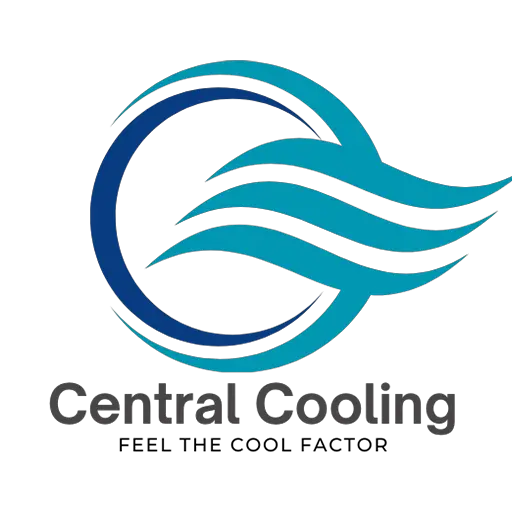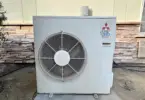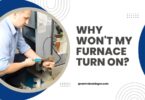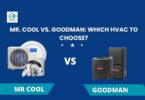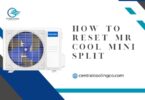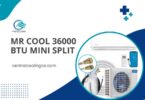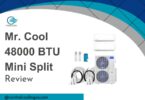Introduction
Living with an HVAC system can lead to a sense of complacency, as the comforts it provides often go unnoticed. However, understanding the intricacies of your heating, ventilation, and air conditioning (HVAC) system is crucial for maintaining its efficiency and extending its lifespan. In this article, we will explore key steps to ensure your HVAC system operates efficiently, enhancing both effectiveness and energy efficiency.
Steps to Ensure Your HVAC System Operates Efficiently:
1. Keep Ducts Clean:
Regularly inspect and clean your ducts to prevent the accumulation of mold, dust, and allergens. This maintenance ensures the smooth flow of air and contributes to a healthier indoor environment.
2. Change Air Filters:
Frequently replace air filters, ideally on a monthly basis during heating and cooling seasons. A clean filter promotes proper airflow, preventing a decrease in system performance and potential humidity issues.
3. Prevent Energy Loss:
Seal all ducts using mastic tape before adding insulation to prevent energy loss through substandard seals. This simple step aids in maintaining consistent air pressure and efficient distribution of heated or cooled air.
4. HVAC System Properly Sized:
Ensure your heating and cooling system is appropriately sized for the space it serves. Improper sizing can lead to reduced performance, increased energy consumption, and potential issues like freeze-ups of evaporator coils.
5. Don’t Block Return Air Vents:
Avoid blocking return air vents in rooms not being heated or cooled by the HVAC system. Unobstructed return air vents contribute to optimal system performance, reducing energy consumption and utility bills.
6. Properly Design Ductwork:
Verify that your ductwork is designed correctly for your home’s layout. Overly long or complex duct runs can impede airflow, making it challenging for the system to maintain the desired temperature.
7. Low Airflow across Evaporator Coil:
Be aware that low airflow across the evaporator coil can lead to ice damming, potentially causing damage to the system. Regularly monitor airflow and address any issues promptly to prevent malfunctions.
8. Air Filters:
Select and install appropriate air filters for your HVAC system. Electronic air cleaners, tailored to fit various systems, effectively trap allergens and contribute to improved efficiency.
9. Vent Placement:
Avoid placing vents in moisture-prone areas like kitchens or bathrooms, as this can lead to increased humidity levels and potential mold growth. Strategic vent placement ensures optimal performance.
10. Upgrade Your Thermostat:
Consider upgrading to an electronic thermostat with programmable temperature limits. This feature allows you to set different temperatures for various periods, promoting energy efficiency and cost savings.
Conclusion HVAC System Operates Efficiently
Efficient operation of your HVAC system is vital for maintaining a comfortable home while minimizing energy costs. By following these steps, you can enhance the performance and longevity of your system, reducing the need for repairs and ensuring peace of mind. Regular maintenance, including annual tune-ups from local professionals, will contribute to the sustained efficiency of your HVAC system. Invest time in these practices, and you’ll reap the benefits of a well-maintained and cost-effective heating and cooling solution.
Disclosure: We may get commissions for purchases made through links in this post.
